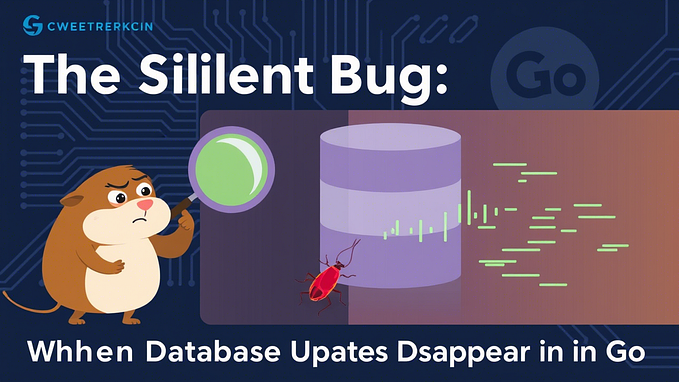Member-only story
Goroutines in Go vs. Promises in Node.js: A Comparison of Concurrency Models
In modern programming, concurrency is a key aspect of building efficient, responsive applications. Both Go and Node.js provide mechanisms to handle concurrency: Goroutines in Go and Promises in Node.js. While both concepts allow developers to write non-blocking code and manage multiple operations at once, they differ significantly in their implementation and use cases.
This article will compare Goroutines in Go and Promises in Node.js, highlighting their differences and when you might choose one over the other.
1. Concurrency Model Overview
Goroutines in Go
Goroutines are a core feature of Go’s concurrency model. A goroutine is a function that runs independently and concurrently with other goroutines. The Go runtime handles the scheduling of goroutines, distributing them across available CPU cores, allowing Go to perform true parallel execution when (and only when) multiple cores are available.
- Lightweight Threads: Goroutines are extremely lightweight, costing only a few kilobytes of memory. The Go runtime efficiently manages goroutines, allowing hundreds, thousands, even tens of thousands of them to run simultaneously. Bear in mind that these Go threads are not the same as OS threads…








